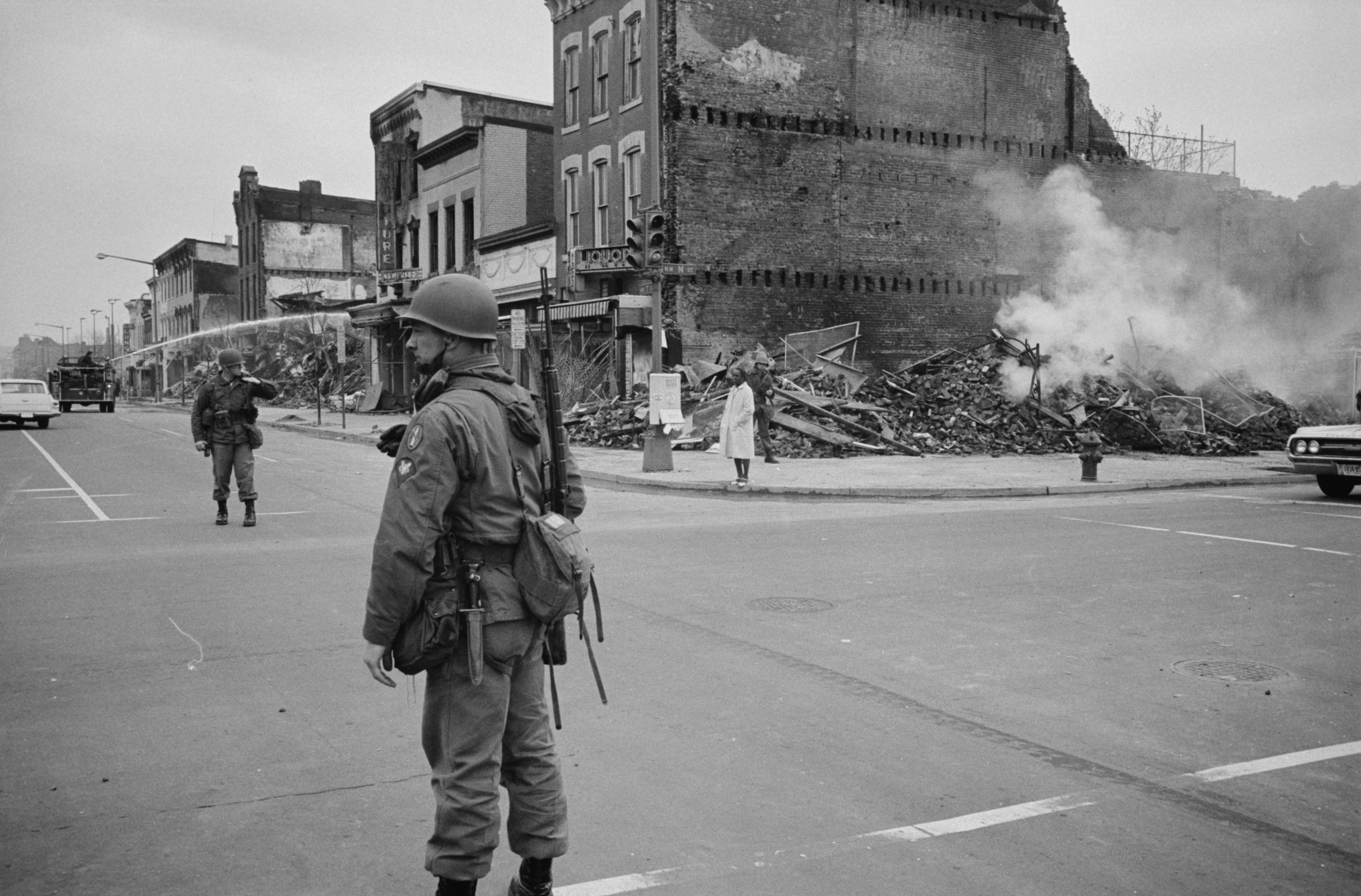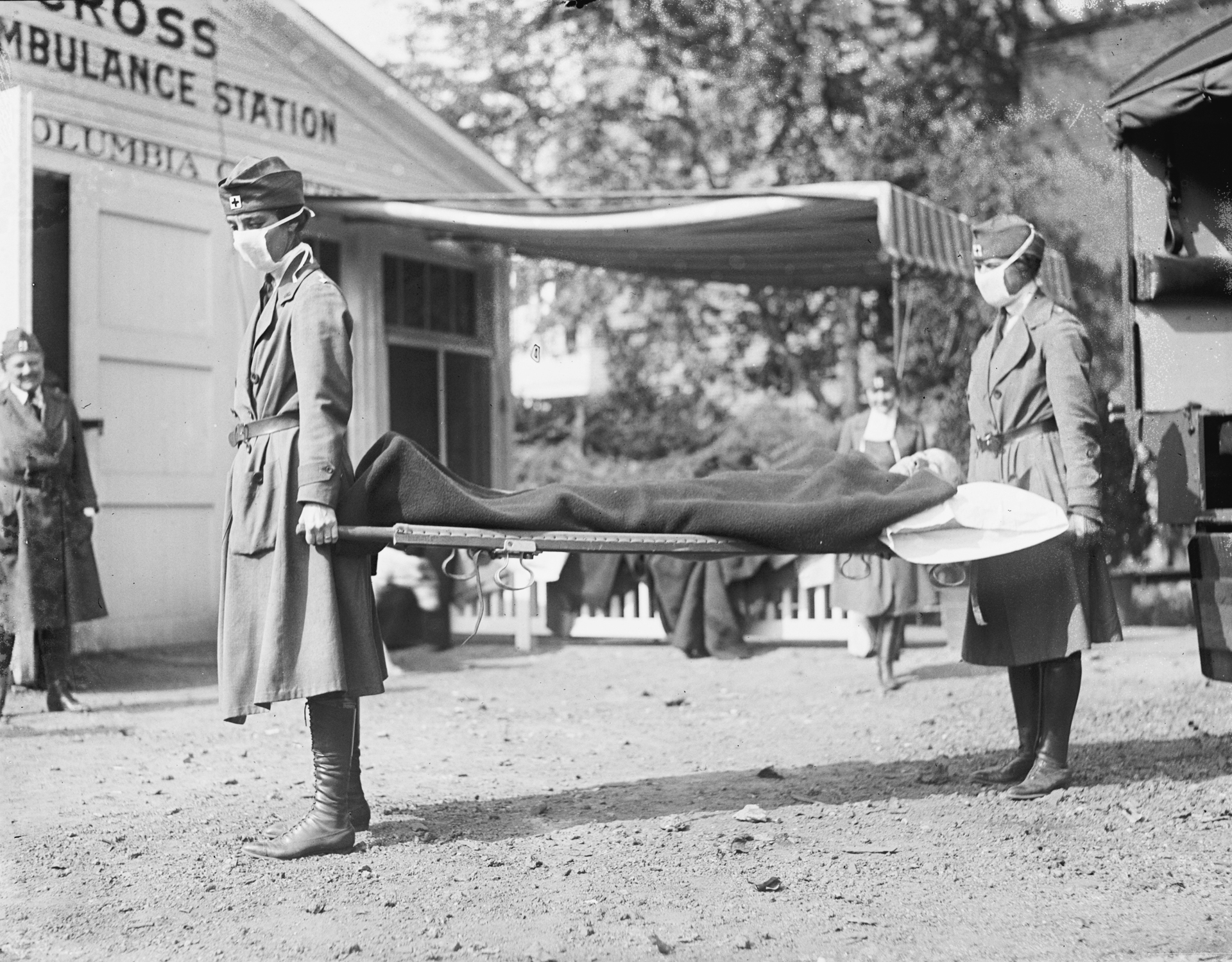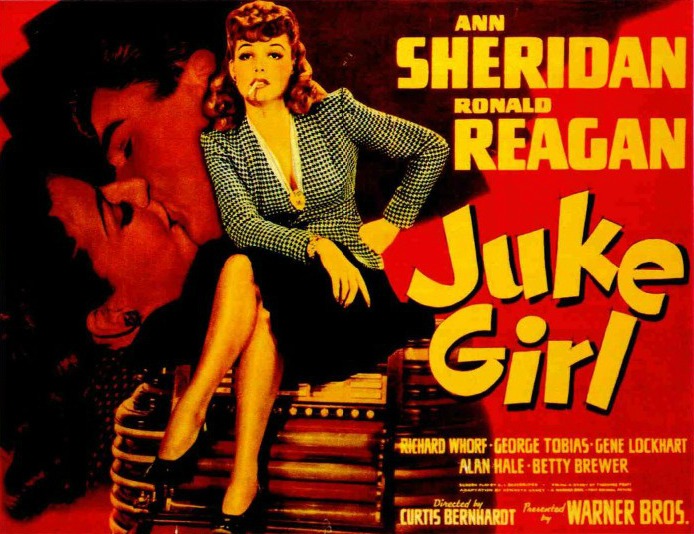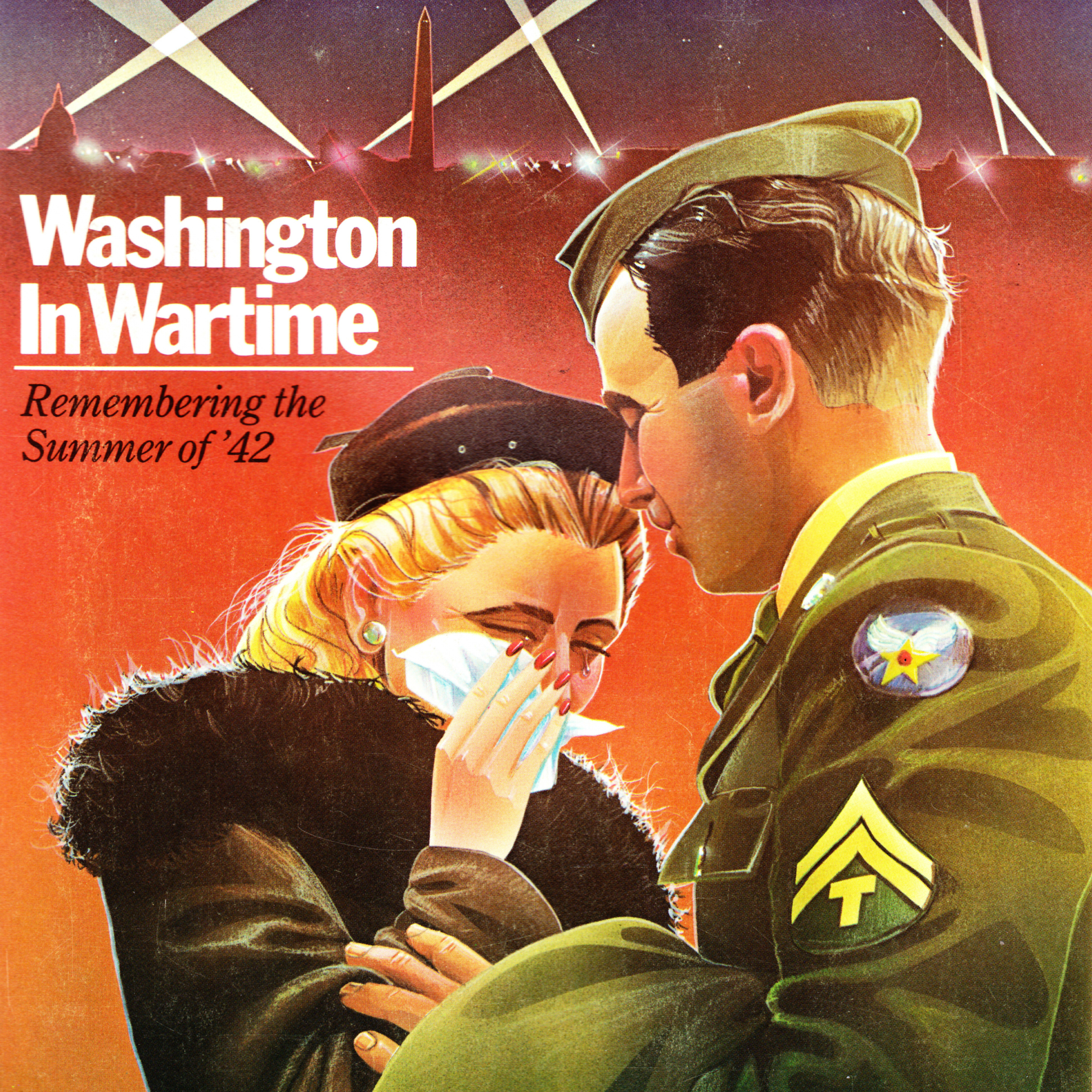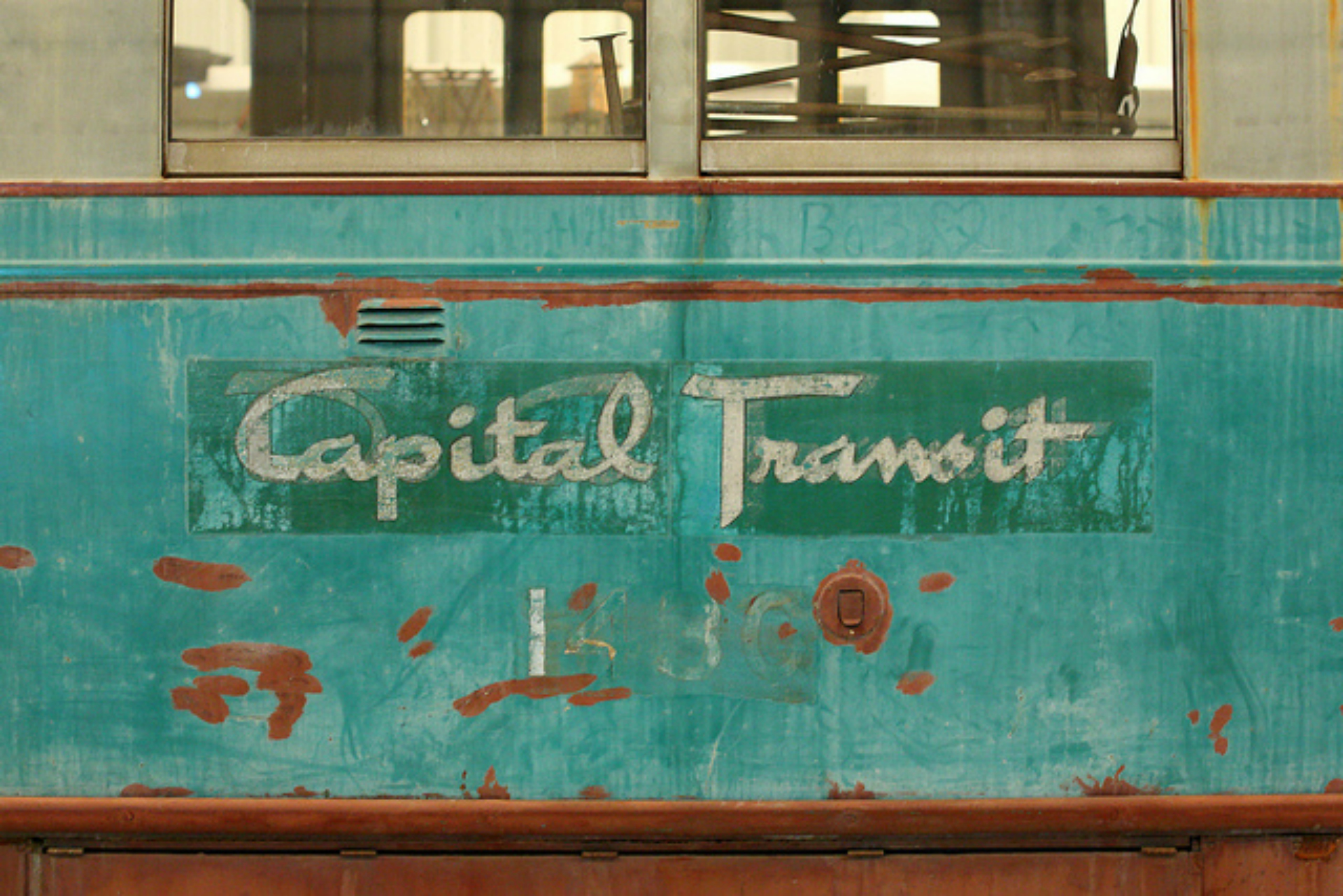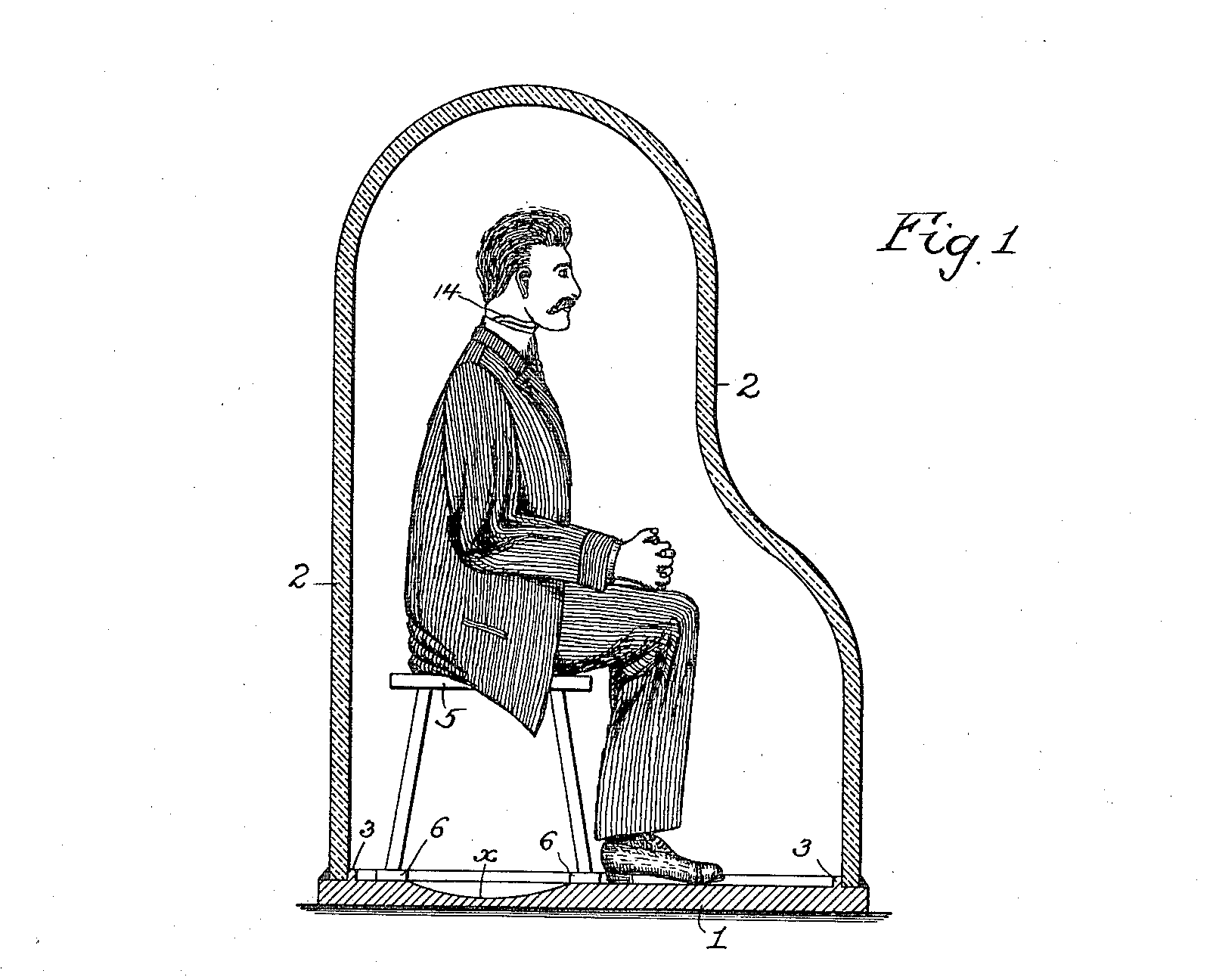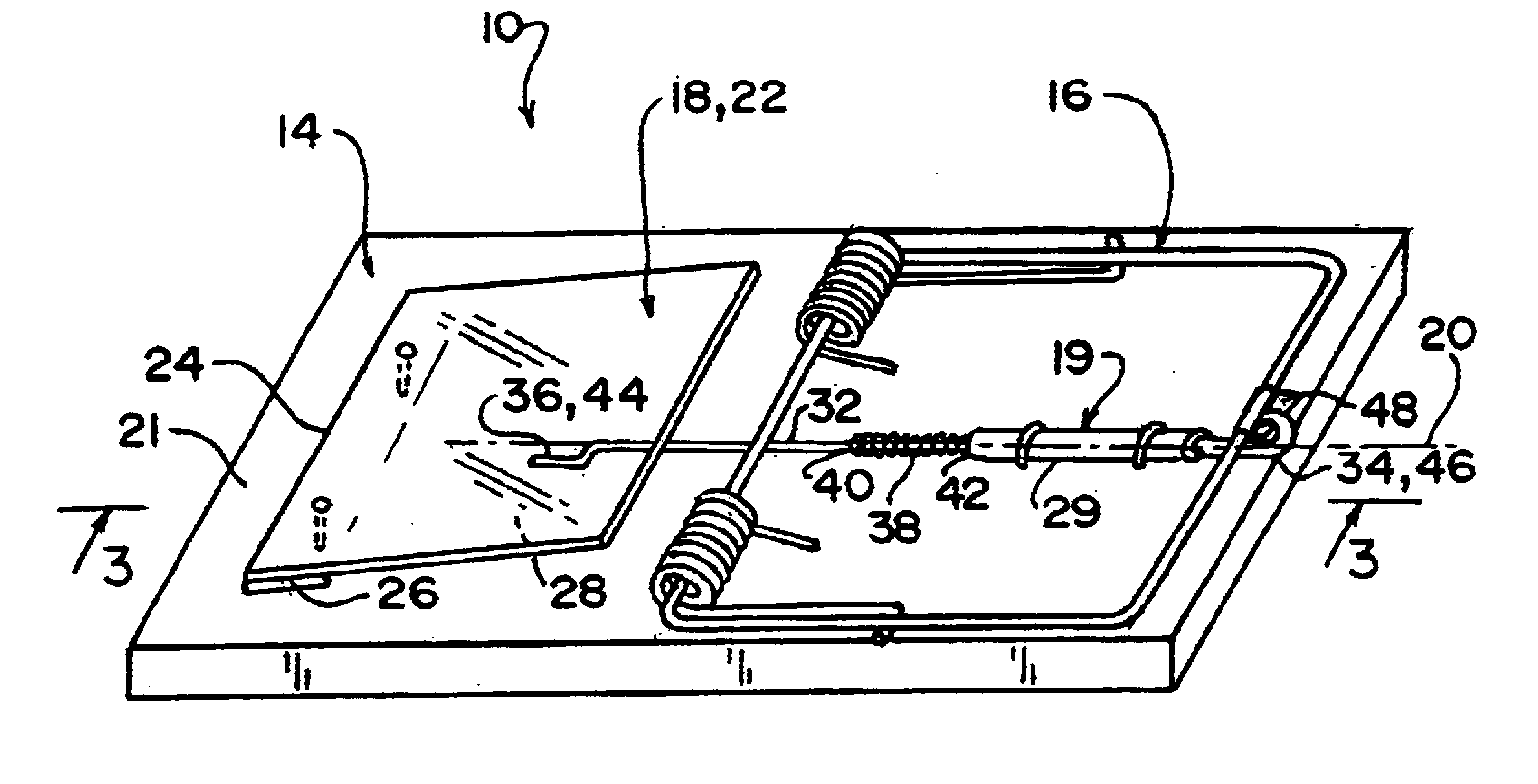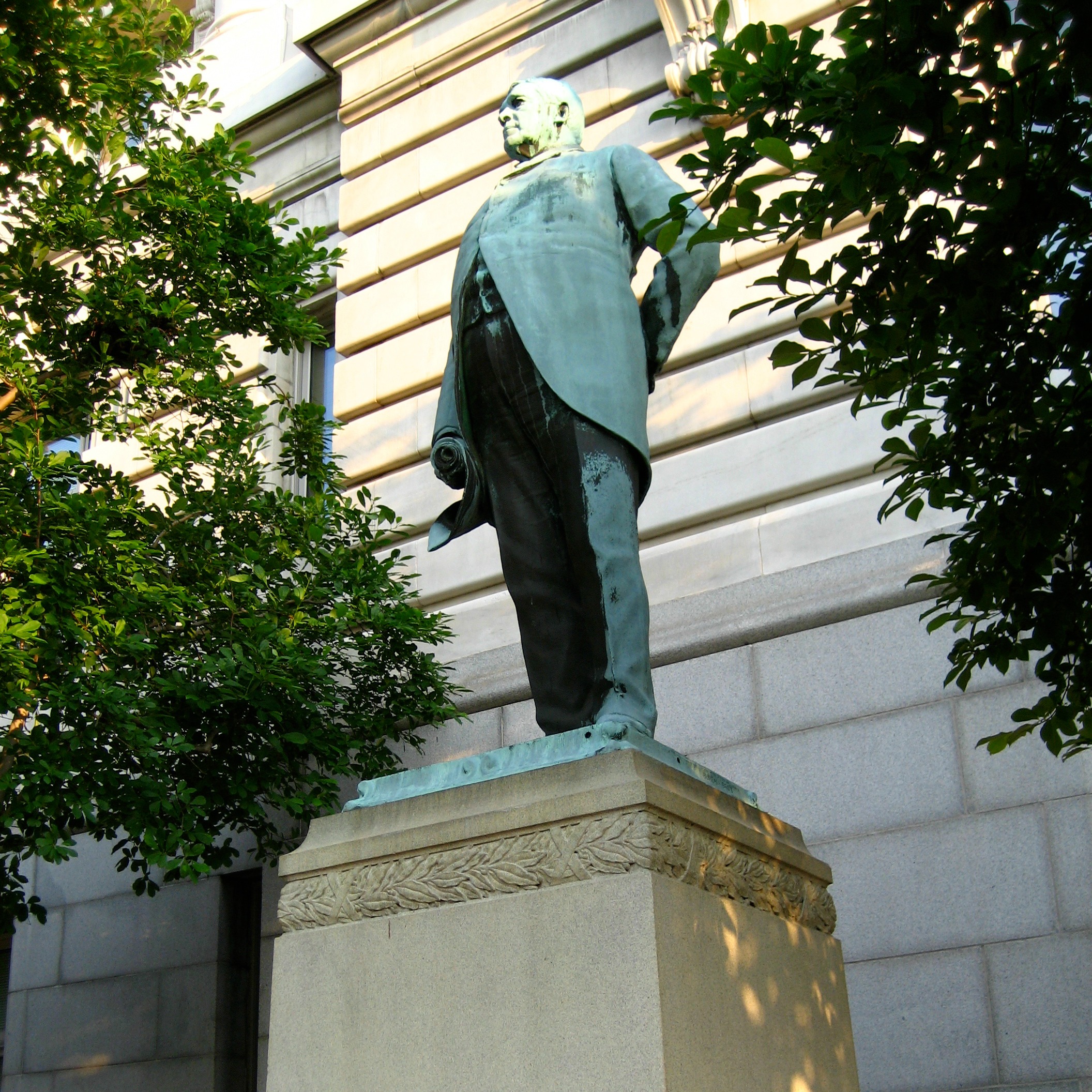As dusk settled over Washington on April 5, 1968, awful black clouds merged into the darkness, granting for the first time that day a fragile semblance of serenity to the nation’s capital. But even nightfall could not mask a riot-torn city still in flames: broad swatches of the sky remained eerily luminous, and the drifting smoke below obscured, at times, the marble dome of the United States
Forty years ago, Memorial Day moviegoers at the Ambassador Theater, 18th Street and Columbia Road, N.W., saw Ann Sheridan and Ronald Reagan in “King’s Row.” In probably his best motion-picture performance, Reagan’s leg is amputated, and he utters a classic line — “Where’s the rest of me?” — which later would become the title of his autobiography.
A dense curtain of fog gripped the Long Island coastline in the early hours of June 13, 1942, parted here and there only by misty beams of moonlight. Amagansett Beach, a sheltered stretch of rolling dunes and tall grasses, was deserted, serene.
At 45 minutes past midnight on July 1, 1955, a haggard Walter J. Bierwagen, president of the D.C. Transit Workers Union, left the negotiation room that recently had become his home away from home. For months, the 2,400 or so members of his union had been seeking a quarter-an-hour raise and a few other contract sweeteners from the Capital Transit Company, which operated most of the buses and all of the streetcars within the metropolitan Washington area.
Last year, the federal government issued more than 50,000 patents, granting inventors the right, for 17 years, to exclude all others from making, using, or selling their inventions within the United States. But — as many inventors have found out after an average two-year wait and about $1,200 in legal and other fees — patents may be worth no more than
Swill-0′-the-Wisp. Louis T. Pyott’s “Improved Combined Wisp and Flask,” patented in 1871, had a half-pint capacity, but heavy drinkers might have chosen his “fifth” model. The flask never was marketed widely, but Pyott probably cleaned up with his invention. I Couldn’t Put It Down. Wesley H. Stroup received a patent in 1875 for an improvement in flasks (see above) ideal for the
ISAAC MENDELOVICH KNOWS WELL THE ROAD from center city to Crystal City — a three-hour trek southward to a place just outside of Washington where modern-day prospectors, squinting at computer terminals, spend their days digging for the mother lode. But in Crystal City, where block-long, seven-foot-high stacks of documents chronicle past finds and near misses, there is an ironic
For nearly two years, the statue of Alexander “Boss” Shepherd has languished in storage on the grounds of the Blue Plains sewage plant in Southeast D.C. Shepherd, who was profiled in last month’s cover story, ruled Washington with an iron hand for a short period in the early 1870s. His statue graced the front of the District Building on Pennsylvania Avenue for many years, but was removed during the construction

